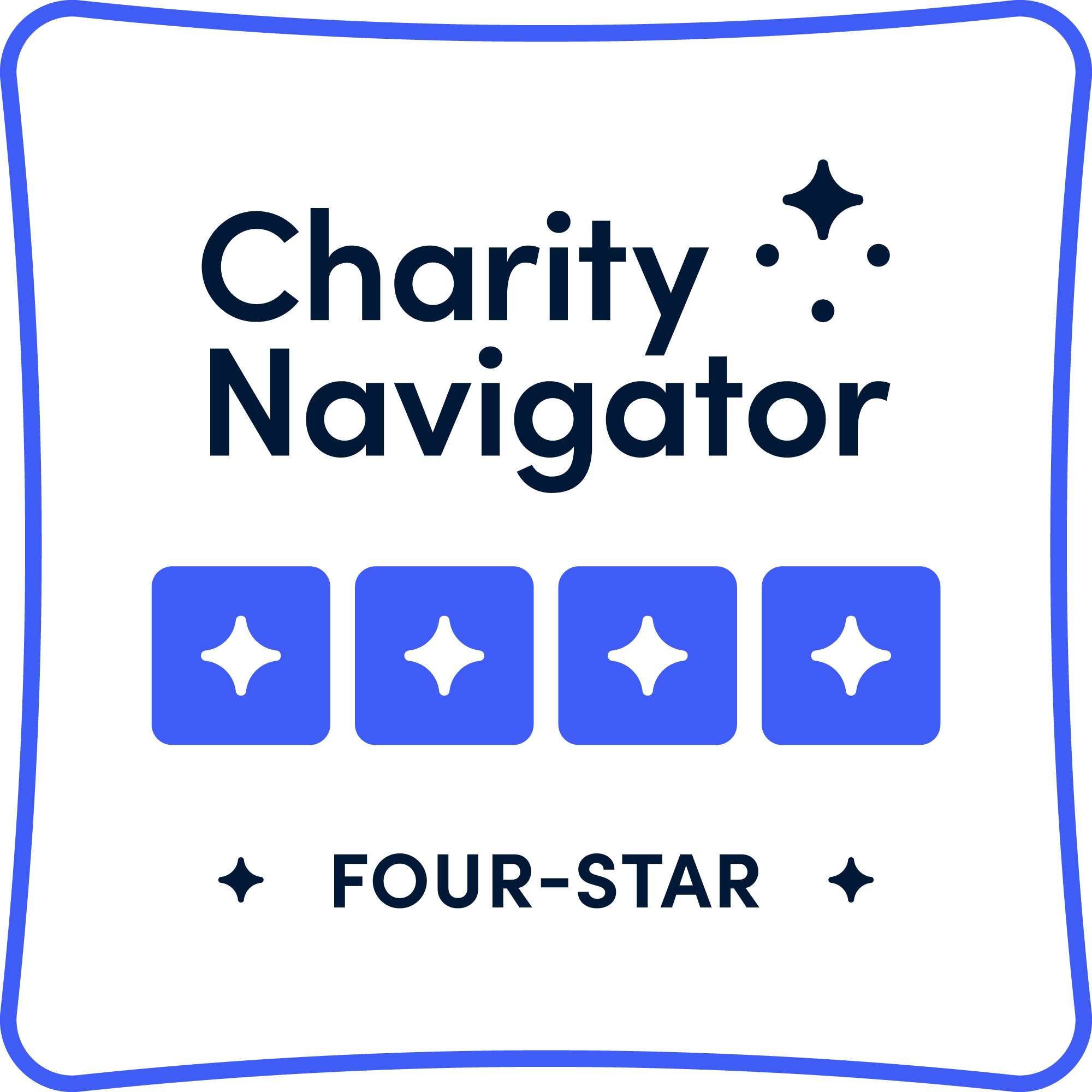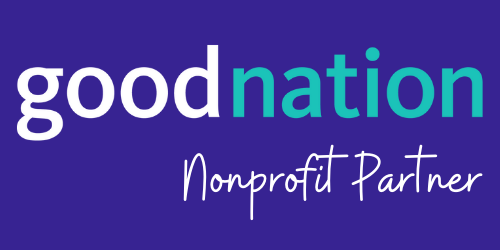The American higher education system is facing a completion crisis. While most U.S. high school graduates now enroll in college, many don’t complete their degree. The latest data shows that less than 60% of full time students finish four-year degrees within six years. This figure drops to 30% for two-year degree completion within three years. Students who begin but don’t finish college are in the worst position of all, bearing the costs of tuition and time without reaping the many rewards a degree offers, including the potential for nearly double lifetime earnings and halved unemployment.
Nudging for Success, a new report summarizing over two years of our work in the higher education space, demonstrates the promise of using behavioral science to improve college persistence and other student outcomes from pre-admission to post-graduation. Through 16 projects with 13 schools and postsecondary partners, we uncovered numerous subtle, often invisible barriers that hinder students’ progress at each step of their journey to a degree. These barriers—such as choosing loan amounts, registering for the right classes, or seeking academic support when needed —interact with and exacerbate larger structural issues, like high tuition rates, poor academic preparation, and the stress of balancing work with family obligations. Recognizing these behavioral barriers and designing targeted, cost-effective solutions can yield huge gains in the outcomes that matter most—including persistence, credits completed, GPA—in the road to graduation.
Using this behavioral approach to designing solutions, we increased first year retention by 10% among low-income, first generation, under-represented or other students most at risk of dropping out with a short video and reflective writing exercise along with monthly messages throughout the year. We increased scholarships and grants for continuing students by $236-643 per student with email reminders to file the FAFSA that increased early applications by 72%. Simplifying complex forms for income-based debt relief programs by using a novel document jacket increased the completion and return of the form by 48% for borrowers struggling to repay their student loans. These are just a few of the successes our work in Nudging for Success represents for the postsecondary landscape.
While it may be sobering to realize that low graduation rates are partly the result of a minor issue like an application form or an often unrecognized issue like a sense of belonging on campus, it is clear from our body of work that it is possible to make real, cost-effective changes that meaningfully impact students’ well-being and persistence using what we know from behavioral science. Our results demonstrate that we have a toolkit at our disposal with the potential to strengthen economic futures and transform the lives of millions of Americans. Our hope is that these and other behavioral insights will be used to improve the systems and structures that students face throughout their postsecondary experience so that all who begin college can more easily graduate and succeed.
We thank the Bill & Melinda Gates Foundation, Lumina Foundation, Citi Foundation, Michael & Susan Dell Foundation, and The Kresge Foundation for their generous support of this work. Read the full scope of our work applying behavioral science to postsecondary education in the Nudging for Success report here.


